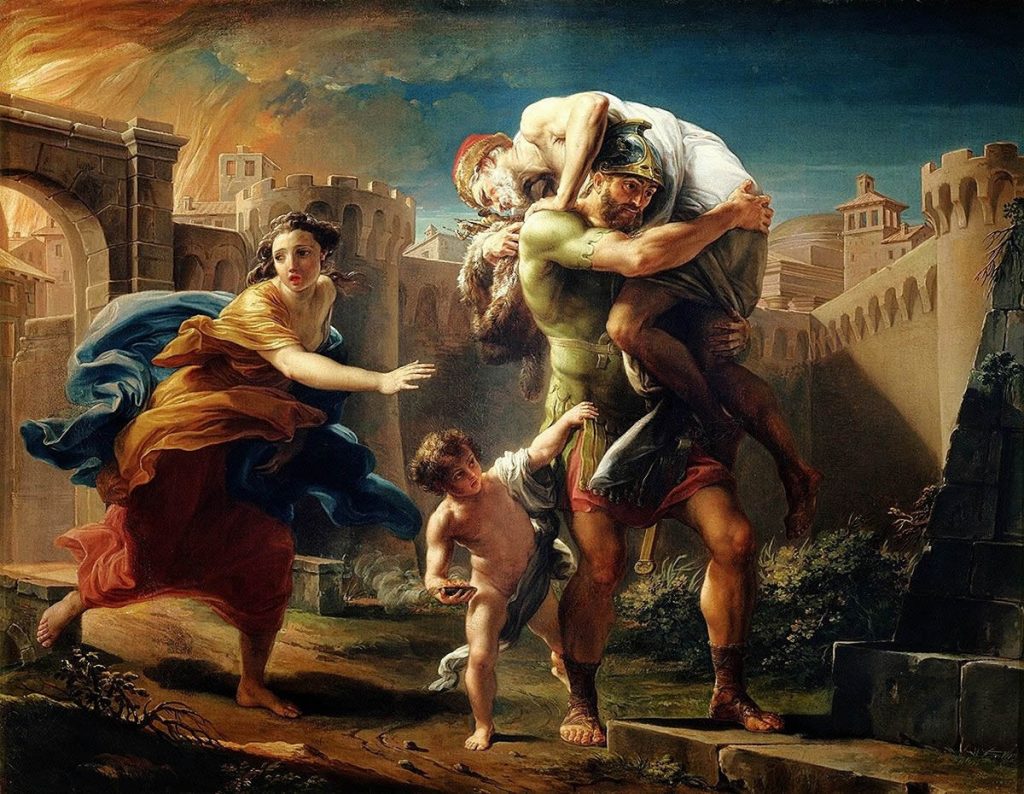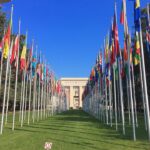MAiD / Euthanasia, The Sexual Revolution
How the Sexual Revolution brought us euthanasia
By Jonathon Van Maren
This article was first published on Substack
Google “loneliness studies,” and you will get over 51 million results. While loneliness is sharply on the rise in every demographic as family breakdown progresses and traditional human ecosystems are devastated by effects of the Sexual Revolution, the elderly usually suffer the most. In 2003, hundreds of elderly men and women died during the heatwaves in France; many of the bodies were not discovered for weeks because nobody bothered to check in on them. These men and women had everything, materially speaking—except the one thing most aged parents could count on for thousands of years: Loved ones who could bear them to safety.
I recently attended a bioethics symposium in Ottawa hosted by Canadian Physicians for Life, where for several days we discussed Canada’s euthanasia regime and the deadly intersectionality between state-sanctioned and -facilitated suicide and other social ills. Key amongst them is the fact that traditional forms of community have become increasingly endangered or extinct over the past half-century, and even natural bonds are weakening or breaking entirely. Many adult children simply do not care about their elderly parents, who have outlived their usefulness and become dependents.
Our atomized culture has inculcated in us the idea that our lives are about living out our dreams and building our futures—and if that means aborting inconvenient children who are the byproducts of our chosen lifestyle or abandoning elderly relatives because they require an enormous amount of care and attention and remind us of our own mortality—then so be it.
I will always remember a story in the Daily Mail in 2014 that encapsulated this attitude perfectly. An elderly couple—89-year-old Francis and 86-year-old Anne—announced that even though they were both healthy, they were planning to die in the world’s first “couple” euthanasia because they feared crippling loneliness when one of them died. Their three adult children not only supported this decision but actually found a medical professional willing to dispatch their parents.
Their son John Paul called his parents’ decision the “best solution” (albeit a final solution), because “if one of them should die, who would remain would be so sad and totally dependent on us. It would be impossible for us to come here every day, take care of our mother and father.” The couple’s fear of loneliness was cited as the “unbearable suffering” necessary to make the double euthanasia legal. Nobody seemed to wonder whether the real mental anguish of the couple came from the fact that their children were happy to find someone to get them lethal injections instead of begging them to stay and promising to assuage their loneliness.
Let me insert the mandatory list of provisos here. I know many families cannot afford the care they would like to be able to provide for their parents. There are many wonderful “long-term care facilities” staffed by truly caring people. Some children live far away from their parents and cannot be primary caretakers or visit regularly even if they want to. All those things are true, but it is also true that the way we warehouse the elderly in many Western countries—including Canada and the U.S.—is disgraceful, dehumanizing, and an indictment of our society. Elder abuse is now a common—although almost entirely ignored—scandal, and the conditions revealed in many of these “facilities” by the Covid pandemic have been far too quickly forgotten.
There is another aspect to this. In our culture, families are shrinking and children are increasingly seen as an afterthought or an inconvenience. Many children are part of broken or blended families; a staggeringly high number are raised by single parents. All of that combined with the fact that many families cannot afford to have one parent stay home or simply prioritize a career over children means that over half of Canadian children spend a significant portion of their childhood in daycare. The same is true for other Western countries. Many children today spend most of their time with people other than their parents—often strangers paid to take care of them. Previous generations took care of their children, and there was a natural expectation that their children, if possible, would eventually take care of them. But what if parents outsourced much of that task to others?
The reality is that there are also many adults now who simply feel no obligation to care for their parents in their declining years because they were not cared for by their parents in their early years. Strangers changed their diapers; hired strangers change the diapers of the elderly. Many parents didn’t let kids cramp their style; many children take the same attitude with elderly parents. Small wonder, then, that so many elderly people want euthanasia because they believe themselves to be a burden—because that is precisely how their children see them. In one jarring scene in the 2011 HBO documentary How To Die In Oregon, an elderly father explains to the interviewer why he procured death drugs he plans to take in case he develops health problems.
“I don’t want to be a burden,” he explains while his adult daughter nods approvingly, “It’s the decent thing to do. For once in my life I’ll do something decent.” There was no argument from his daughter, and her silence was deafening, telling her dad in no uncertain terms that she, too, thought he’d be better off dead.
I know they are a necessity, but I find there to be something sad and depressing about daycare centers and long-term care facilities. Canada’s euthanasia regime has been revelatory in many ways, showing us precisely how broken society has become in the wake of the Sexual Revolution. It is a reminder that we should be investing our time, first and foremost, into our families and the people around us. Visit your grandparents. Put your phone down and ask them questions—they’ve seen and done things that they’d love to share. Different families have different needs, but everyone can prioritize their children. The only people who will remember how late you worked is your kids. In a society where so many of the safeguards and assumptions we once took for granted are gone, all we have is each other.








